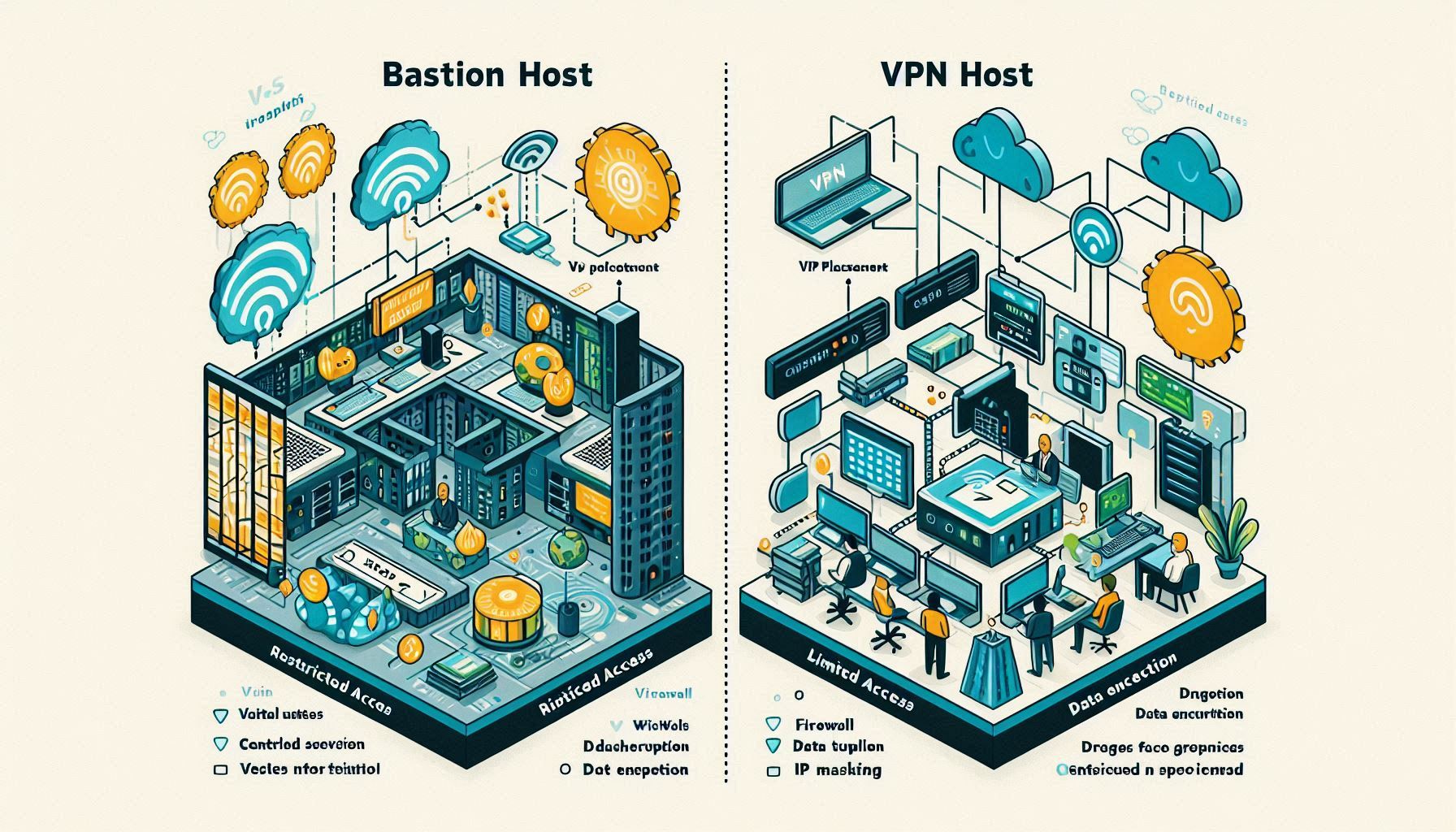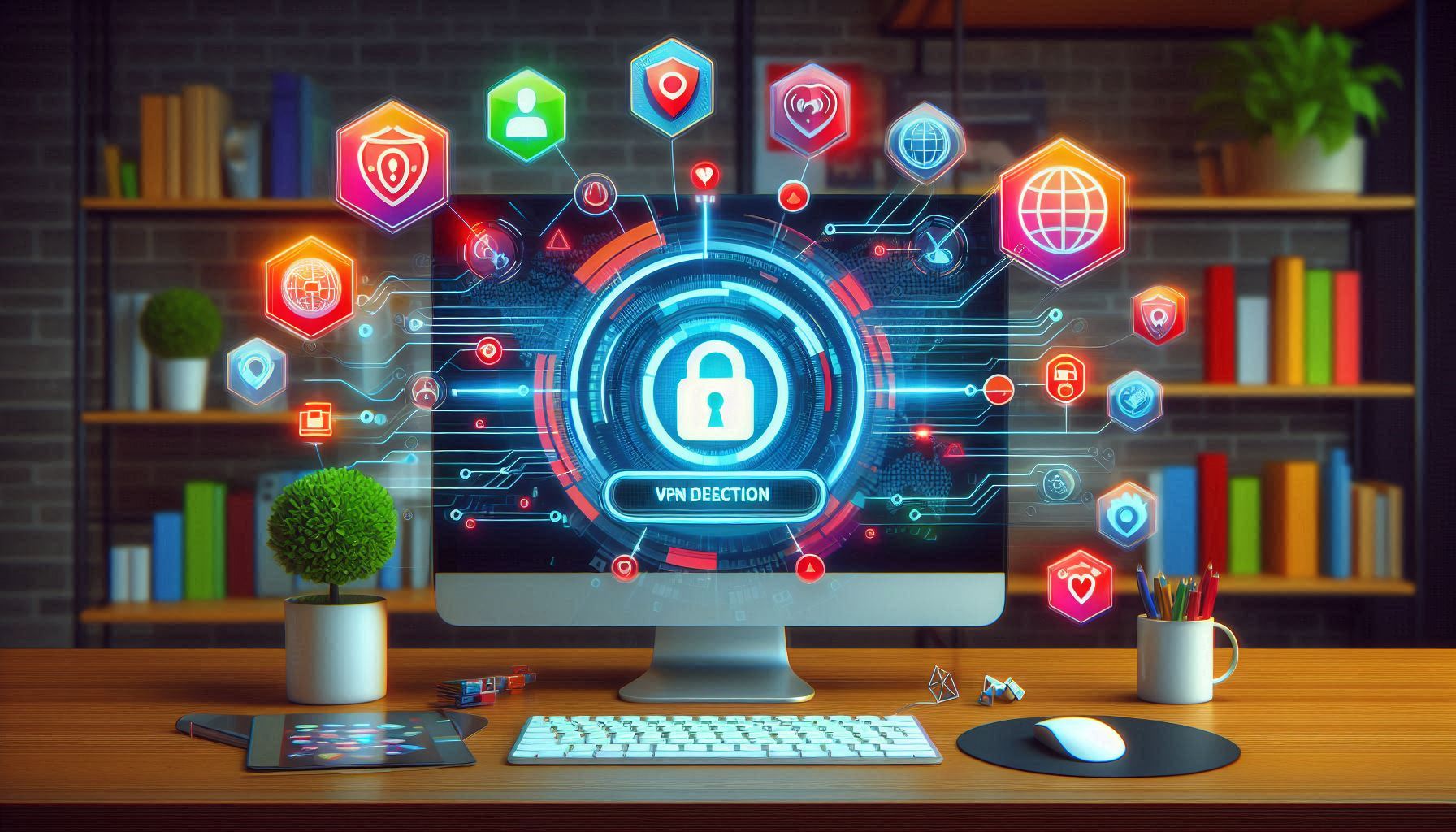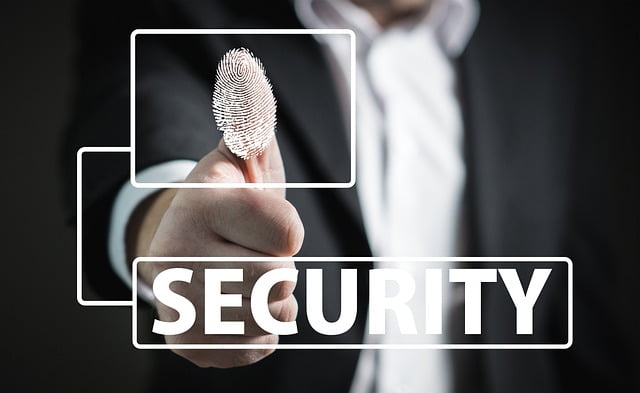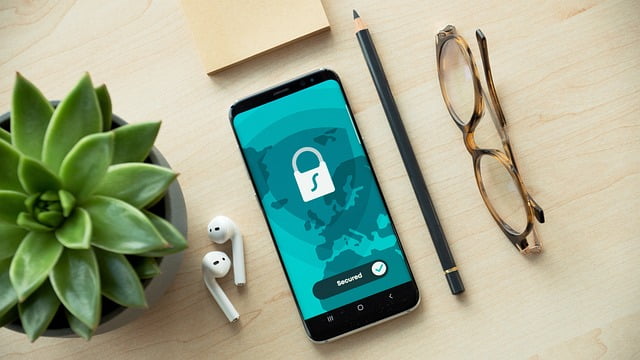Is Downloading Torrents with No VPN Safe?

Now that digital content sharing is commonplace, torrenting has become a well-liked method of distributing large files over the internet. That being said, this conduct often raises questions about safety, privacy, and the law. Can one download torrents safely without using a virtual private network (VPN)? is among the most significant queries. In addition to discussing the dangers of torrenting without a VPN, this post provides safety tips.
Understanding Torrents and Their Risks
Several people, or peers, are connected through torrenting, and they share files with each other until everyone has a complete copy. Although this kind of peer-to-peer (P2P) file sharing works well, it makes your IP address visible to all members of the torrent group. This visibility may present a number of dangers.
Legal Repercussions
Unauthorized distribution of copyrighted content is a common feature of torrents. Legal problems, such as fines or litigation, may arise from downloading such content.
Security Threats
Torrent files may contain malware or viruses that can infect your device and compromise your personal information.
Privacy Concerns
Without a VPN, your internet service provider (ISP) can monitor your activities, potentially leading to bandwidth throttling or legal notices.
The Role of VPNs in Torrenting
A VPN encrypts your internet connection and routes it through a server in a location of your choice. This process masks your real IP address, making it appear as if you’re accessing the internet from a different place. Here’s how a VPN enhances your safety while torrenting:
Anonymity
With a VPN, your true IP address is hidden from other peers in the torrent swarm, protecting your identity.
Security
VPNs often include security features like kill switches that prevent data leaks if the connection drops.
Avoiding ISP Tracking
A VPN prevents your ISP from seeing that you’re torrenting, reducing the chances of throttling or legal notices.
Is It Safe to Torrent Without a VPN?
No, is the succinct response. You run needless dangers when you torrent without a VPN. Even while not every torrent is harmful or unlawful, it can be difficult to guarantee the security of every file. Furthermore, using a legal torrent exposes your IP address to possible security risks.
Best Practices for Safe Torrenting
If you choose to torrent, here are some tips to enhance your safety:
- Use reputable torrent sites.
- Verify the authenticity of torrent files.
- Employ robust antivirus software.
- Consider using a VPN for an added layer of protection.
The Legal Landscape of Torrenting
The content you pirate may breach legal lines; torrenting itself is not unlawful. It is illegal in many nations to download copyrighted content without the required authority. Intellectual property rights are violated by downloading such content, even if you get away with it.
The Consequences of Illegal Downloading
The consequences of downloading torrents without permission can be severe. Copyright holders may monitor torrent swarms and track down users who download their content illegally. This can result in:
- Cease and desist letters
- Fines or demands for settlements
- Legal action, including court cases
How VPNs Can Help
A VPN can help mitigate these legal risks by hiding your IP address. This makes it difficult for copyright holders to identify you as the source of an illegal download.
Assessing the Security Risks
When you download a torrent, you’re also uploading parts of it to other users. This two-way street means that not only can others see your IP address, but your computer is also open to receiving data from unknown sources.
Malware and Viruses
Torrent files can be a breeding ground for malware, including ransomware, spyware, and Trojans. These malicious programs can:
- Encrypt your files and demand a ransom
- Steal personal information
- Turn your computer into part of a botnet
How VPNs Provide Security
While a VPN won’t protect you from downloading malicious files, it can provide an extra layer of security by encrypting your internet connection. This encryption helps protect against man-in-the-middle attacks and other forms of snooping.
Privacy Implications
Your online privacy is at stake when you torrent without a VPN. ISPs can track and record your internet activity, including the sites you visit and the files you download.
ISP Throttling and Penalties
Some ISPs may throttle your internet speed if they detect heavy torrenting activity. They might also send warning letters or even terminate your service for repeat copyright infringements.
How VPNs Protect Your Privacy
A VPN encrypts your traffic, making it unreadable to your ISP. This prevents them from knowing that you’re torrenting and taking any action against you.
The Impact of Torrenting on Internet Health
Torrenting can have a significant impact on internet health, both positively and negatively. On the one hand, it’s a method of decentralized content distribution that can reduce the load on any single server. On the other hand, irresponsible torrenting can contribute to congestion and legal issues.
Network Congestion
Torrenting involves sharing files across multiple users, which can lead to network congestion. This is especially true if many users are downloading large files simultaneously.
How VPNs Affect Network Health
VPNs can both alleviate and exacerbate network congestion. By routing traffic through different servers, they can spread out the load. However, if many users connect to the same VPN server, it can create a bottleneck.
Ethical Considerations of Torrenting
The ethics of torrenting are complex. While it’s a powerful tool for sharing information and content, it’s often associated with piracy and illegal activity.
The Debate Over Digital Ownership
The digital age has blurred the lines of ownership and copyright. Some argue that information should be free and accessible to all, while others believe in strict protection of intellectual property rights.
How VPNs Play a Role
VPNs are neutral tools that can be used for both legitimate and illegitimate purposes. They provide privacy and security but can also be used to circumvent copyright laws.
The Future of Torrenting
As technology evolves, so does the landscape of torrenting. New protocols and methods are being developed to make torrenting safer and more efficient.
Innovations in P2P Technology
Developers are working on new P2P protocols that offer better security and privacy features. These advancements could change how we view torrenting in the future.
VPNs and the Evolution of Privacy
VPNs continue to play a significant role in online privacy. As concerns over data breaches and surveillance grow, VPN usage is likely to increase.
Torrenting with a Conscience
While torrenting offers a world of convenience, it’s essential to approach it with a conscience. Understanding the implications of your actions and making informed choices can help maintain a healthy balance between freedom and responsibility.
Supporting Content Creators
One way to torrent responsibly is to support content creators. If you enjoy a piece of content, consider purchasing it or donating to the creator.
Legal Alternatives to Torrenting
There are many legal alternatives to torrenting, such as streaming services and official downloads. These platforms often offer affordable access to a wide range of content.
The Role of Governments and ISPs
Governments and ISPs play a crucial role in regulating internet activity, including torrenting. Their policies can significantly impact how safe and private your torrenting experience is.
Government Surveillance and Censorship
Some governments monitor internet traffic and censor certain types of content. This can include torrent sites and VPN services.
ISP Policies on Torrenting
ISPs may have specific policies regarding torrenting. Some may allow it, while others may restrict or penalize users for torrent-related activities.
Choosing the Right VPN for Torrenting
Not all VPNs are created equal, especially when it comes to torrenting. Here are some factors to consider when choosing a VPN for torrenting:
- Torrent-Friendly Policies: Ensure the VPN allows P2P traffic and doesn’t log your activities.
- Strong Encryption: Look for VPNs that offer robust encryption standards to protect your data.
- Kill Switch Feature: A kill switch prevents data leaks if your VPN connection drops unexpectedly.
- Speed and Bandwidth: Choose a VPN that offers fast speeds and unlimited bandwidth for seamless torrenting.
Final Thoughts on Safe Torrenting
Without a VPN, torrenting is not secure. The hazards greatly exceed the rewards, and there may be dire repercussions. You may minimize the hazards associated with torrenting while still reaping the benefits by using a VPN and adhering to recommended practices.
The Technological Arms Race in Torrenting
The world of torrenting is in a constant state of flux, with an ongoing technological arms race between those who wish to monitor and restrict torrenting and those who seek to keep it free and open.
Advancements in Monitoring Technology
Content owners and authorities are using increasingly sophisticated technology to monitor torrenting activity and identify users who download copyrighted material.
Countermeasures in Torrenting Technology
In response, the torrenting community develops new methods to evade detection, such as decentralized networks and anonymous P2P protocols.
The Social Aspect of Torrenting
Torrenting is not just a technical activity; it’s also a social one. It relies on the principle of sharing, where users contribute to the network by seeding files.
Building a Community
Many torrent sites have vibrant communities where users discuss content, share recommendations, and help each other troubleshoot issues.
The Importance of Seeding
Seeding is crucial to the health of a torrent swarm. By seeding files after downloading, you ensure that others can download them too.
Torrenting Around the World
Torrenting is a global phenomenon, but its popularity and legality vary from country to country.
Regions with High Torrenting Activity
Some regions have high levels of torrenting activity due to limited access to content through official channels or high costs of media.
Countries with Strict Anti-Torrenting Laws
Other countries have implemented strict laws against torrenting, with significant penalties for those caught downloading copyrighted material.
The Psychology Behind Torrenting
Understanding why people torrent can provide insights into how to approach the issue of safe torrenting.
The Appeal of Free Content
The primary appeal of torrenting is access to free content. This can be especially tempting when the content is otherwise expensive or difficult to obtain.
The Thrill of the Forbidden
For some, the thrill of engaging in something that’s frowned upon or illegal adds to the appeal of torrenting.
The Ethical Dilemma of Torrenting
Torrenting poses an ethical dilemma that each user must navigate. It’s a powerful tool for sharing and accessing information, but it also raises questions about copyright, ownership, and the value of creative work.
Balancing Freedom and Responsibility
Users must balance their desire for free content with respect for the rights of content creators. This involves making ethical choices about what to torrent and how to support creators.
The Role of Education
Educating users about the risks and responsibilities of torrenting can lead to more informed decisions and a healthier torrenting ecosystem.
Looking Ahead: The Future of Content Distribution
The future of content distribution is likely to be shaped by the ongoing debate over torrenting and digital rights.
Potential Changes in Copyright Law
As technology evolves, we may see changes in copyright law to better accommodate the realities of digital distribution and consumption.
New Models for Content Access
We’re already seeing new models for content access, such as subscription services and pay-what-you-want schemes. These could provide alternatives to torrenting that benefit both users and creators.
Conclusion
Torrenting is a complicated problem having technological, ethical, and legal aspects. It provides a way to view and exchange content without restriction, but there are serious risks involved as well. While using a VPN can reduce some of these hazards, it is not a 100% reliable fix. In the end, ethical decision-making, education, and technology must all be combined for safe torrenting.
Loading newsletter form...






